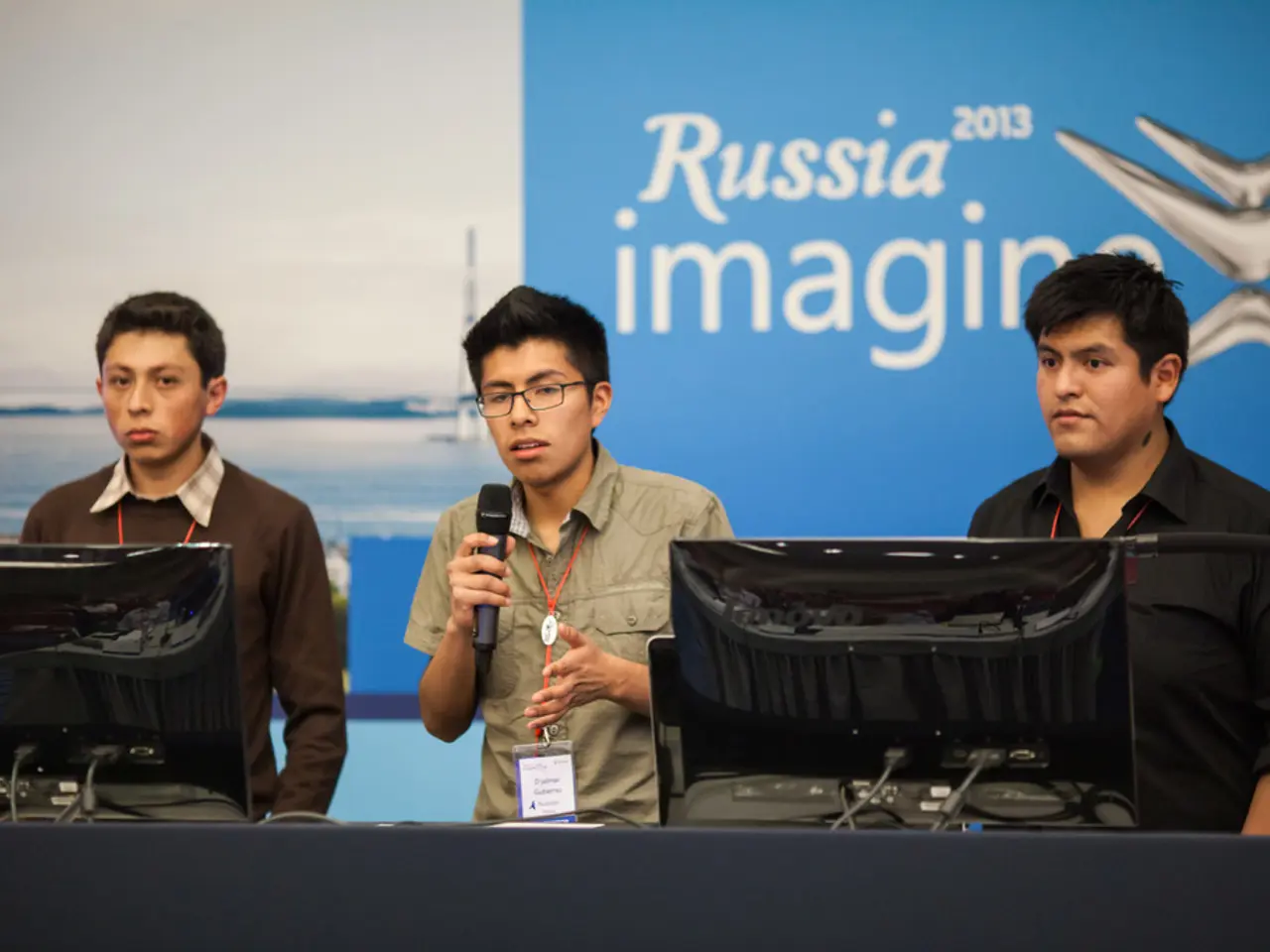Syria seeks Russia's alignment in first government visit, adopting a pragmatic stance despite past backing of Assad regime
In the aftermath of clashes between Syrian government forces, Bedouin forces, and armed groups from the Druze religious minority that resulted in over 250 deaths earlier this month, Russia continues to cultivate ties with the new Syrian government that replaced the previous Russian-backed regime.
High-level diplomacy marked the recent visit of Syrian Foreign Minister Asaad al-Shibani to Moscow, where he met with Russian President Vladimir Putin and Foreign Minister Sergey Lavrov. These meetings were described as constructive and business-like, emphasizing pragmatic engagement.
Despite regime change, Russia keeps troops at its air and naval bases along the Syrian coast, and the Kremlin hopes to negotiate a deal to continue this presence, reflecting Moscow’s strategic interests in Syria.
The shift in alliance dynamics is evident as former Syrian President Bashar al-Assad fled to Russia last year after being ousted in a rebel offensive. Russia did not intervene to save him during that offensive, marking a notable change in Moscow’s approach.
The new Syrian government, led by interim President Ahmed al-Sharra, takes a pragmatic stance toward Moscow. It has formed a committee to review past Syria-Russia agreements and is calling for Russia’s support in transitional justice processes, signaling efforts to recalibrate bilateral relations.
Moscow has reaffirmed its support for Syria’s sovereignty, unity, and reconstruction, with Lavrov thanking Syrian officials for ensuring the safety of Russian personnel and facilities. They also expressed concerns over Israeli actions in Syrian territory, which complicate regional stability.
Despite being on opposite sides during the Syrian civil war, the new rulers in Damascus have taken a pragmatic approach to relations with Moscow. Al-Shaibani expressed interest in having Russia by Syria's side during the construction of a united and strong Syria.
Russia has reportedly sent oil shipments to Syria, and it is unclear whether the new Syrian government will allow Russia to keep its bases in the country. Syrian officials, including al-Sharaa, have thanked Russia for its stance.
In summary, while the new Syrian government is not the previous Russian client regime, Russia continues to cultivate ties through diplomatic engagement, military presence, and economic support, reflecting a mutual interest in stability and influence in Syria, albeit under changed circumstances. The relations between Syria and Russia should be based on mutual respect, according to al-Shaibani, who also acknowledged that there are factors complicating the relationship between the two nations.
- The breaking news of the Syria-Russia diplomatic meetings highlights the continuing war-and-conflicts in the region, as both nations navigate their post-conflict relations.
- Amidst the ongoing general-news of Syria's reconstruction and transitional justice processes, Russia's support is being sought, demonstrating the significance of politics in these efforts.
- While the war between Syrian forces and various factions has ended, the conflict over Russia's continued military presence, such as oil shipments and base placements, remains a key issue in the newly formed business dynamics between Syria and Russia.








